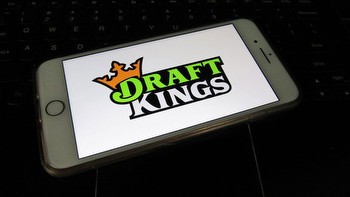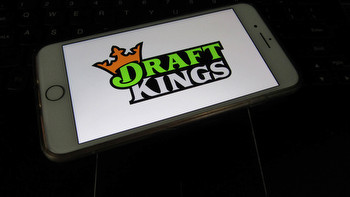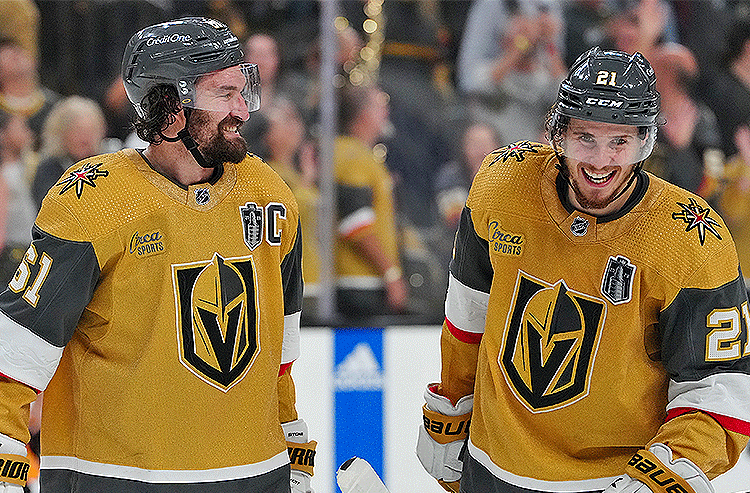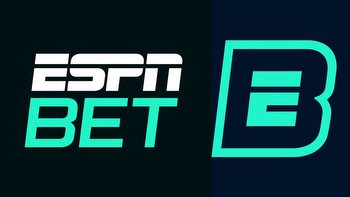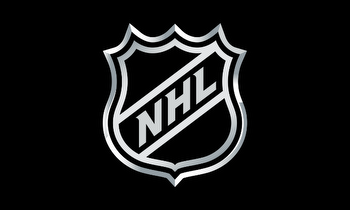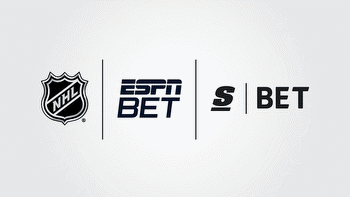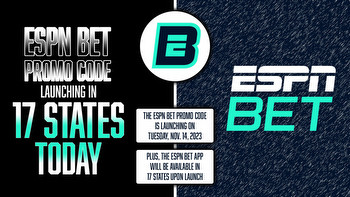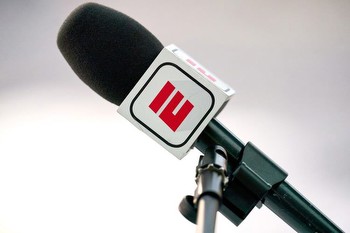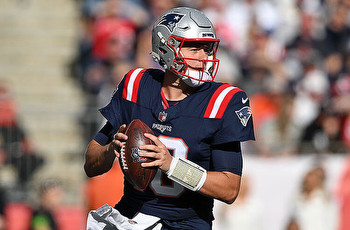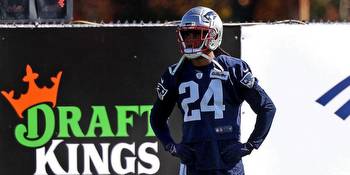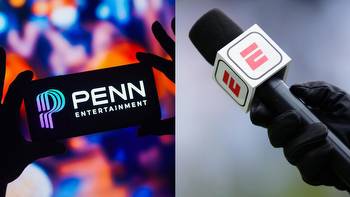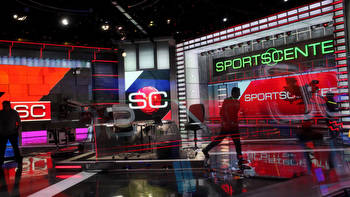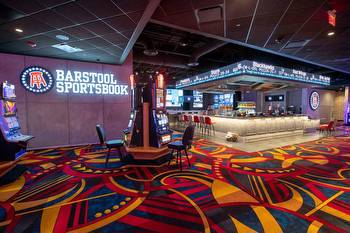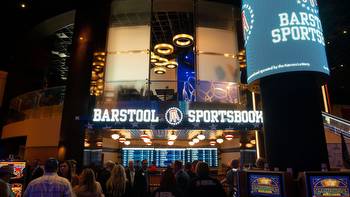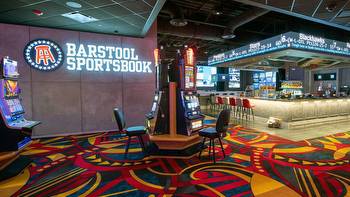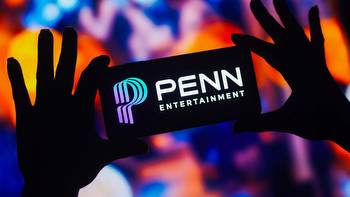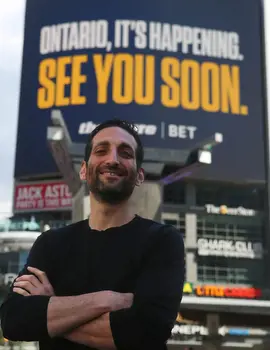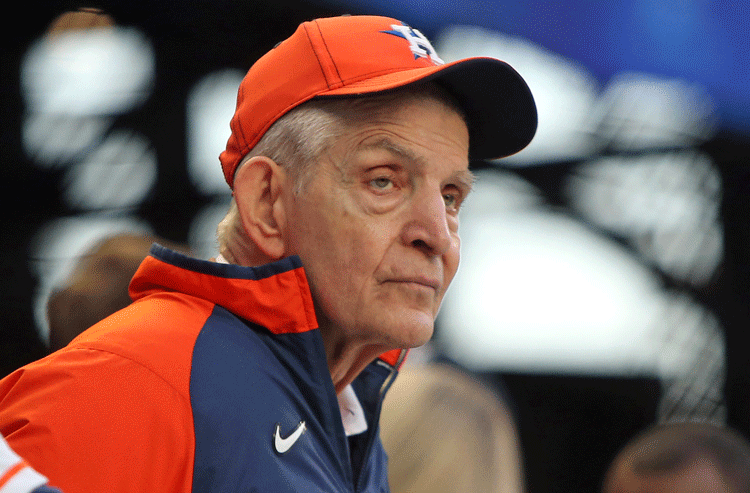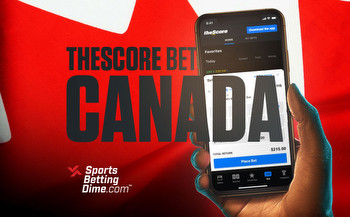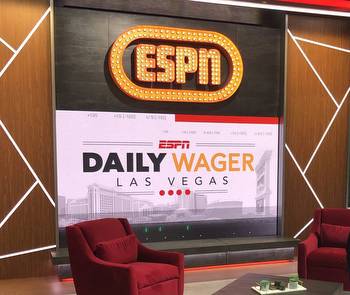theScore’s struggling U.S. owner called out by top shareholder after paying billions for betting app and Barstool Sports
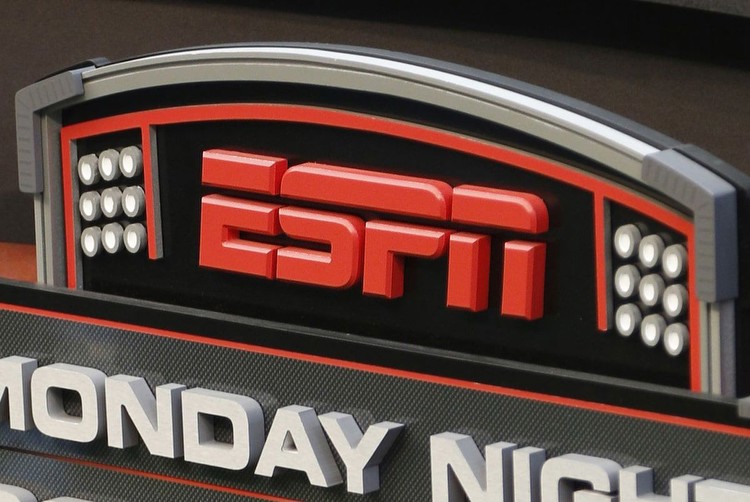
The American owner of theScore sports app is under fire from a top shareholder over the company’s stock market performance and its “capital allocation track record,” according to a regulatory filing, and the frustrated investor wants to appoint directors to the company’s board to help right the ship.
Pennsylvania-based Penn Entertainment Inc. PENN-Q has long run casinos and horse-racing tracks in the United States, but pushed into online sports betting and gambling early in the COVID-19 pandemic because Canada and some U.S. states started legalizing the activities.
To expand, Penn spent heavily on two acquisitions – one for theScore’s parent company, Toronto-based Score Media and Gaming Inc., and another for Barstool Sports, which is popular with younger Americans. Investors have punished Penn since, sending its shares tumbling 82 per cent from its pandemic high, and management now faces criticism from its second-largest shareholder.
In a securities filing submitted just before the New Year, HG Vora Capital Management, a New York-based hedge fund that owns 9.6 per cent of Penn’s shares, disclosed it has initiated discussions with management to shake things up.
“Given the persistent underperformance of the common stock and the issuer’s capital allocation track record, amongst other areas of concern, [HG Vora] requested that the issuer afford them the right to designate highly qualified directors who would be committed to working with the issuer’s management and fellow board members to help the issuer realize its full potential,” the hedge fund wrote in the filing. HG Vora did not return requests for comment.
Initially, Penn showed some caution with its sports betting and online gambling expansion by acquiring minority stakes in both theScore and Barstool to test the waters. Yet Penn doubled down with full takeovers, and neither deal has shown much promise.
The Barstool deal in particular has been an embarrassment. After buying a 38-per-cent stake in the company for US$163-million in January, 2020, largely in cash, Penn bought the remainder in early 2023. In total, it paid US$550-million for the whole company.
In August, 2023, six months after the full takeover, Penn announced a divorce from Barstool, choosing instead to partner with ESPN, which is a late entrant into the sports betting business.
While ESPN is a much bigger brand than Barstool, which may be beneficial to Penn in the long run, the divorce terms included selling Barstool back to its original owner for US$1 plus 50 per cent of any proceeds from a future sale of Barstool – and agreeing to pay another US$1.5-billion to ESPN for marketing and media rights.
Returns or losses on theScore have been harder to quantify, but Penn paid nearly four times as much for the money-losing app in August, 2021, shelling out US$2-billion in total – half in cash, the other half in shares. Penn initially planned on using theScore as its U.S. sports betting platform, but in 2022 decided to shut the U.S. business down and market instead under the Barstool Sportsbook brand, which, as of last fall, no longer exists.
In Canada, theScore still offers sports betting and an online casino in Ontario and analysts estimate it is one of the leading players in the province – market share data aren’t publicly disclosed – but Ontario is an extremely competitive market with more than 40 operators and many companies have had to spend heavily on marketing campaigns that eat into profit margins.
Penn declined to comment for this story, but, during earnings calls and investor presentations, management has attributed three main sources of value to theScore: its Ontario business; its in-house technology, which ESPN will rely on; and the talent that joined Penn from theScore, including Benjie Levy, son of Score Media’s founder John Levy. Benjie Levy now runs Penn’s sports betting and gambling operations.
theScore app was once a small division inside of Score Media, but it became the company’s focal point after the Levy family sold its former crown jewel, a sports TV station, to Rogers Communications Inc. RCI-B-T for $167-million in 2012. Score Media never turned an annual profit after that sale, but, by 2021, its app for sports scores and news had 3.6 million users in the Canada and the U.S.
Penn hoped to cross-sell this audience on betting and casino games, and in Ontario, that scenario has materialized. Penn chief executive Jay Snowden recently disclosed that 73 per cent of its total wagers in Ontario come from users who are already within theScore media’s ecosystem – that is, people checking scores or reading news within the app.
But the U.S. expansion hasn’t been fruitful – Barstool had only a 1.9-per-cent market share as of last spring –and Penn now has a large financial hole to dig itself out of. In total, the company’s spent about US$4-billion on theScore, Barstool and the ESPN launch and David Katz, an analyst at Jefferies, says Penn has to answer a singular question: “How are you going to get a return on that?”
Already some rivals have pulled out of the U.S. market, with Wynn Resorts scrapping its online operations in eight states last August because of the “outsized marketing spend” needed to attract users. And even those in leading positions, namely FanDuel and DraftKings, have lost a lot of money to generate their leading market shares. DraftKings went public in 2019 and has lost US$4.8-billion since the start of 2020.
But these two rivals have been at it for so long that they’re built brand recognition and their losses are narrowing, which has helped DraftKings’s stock rebound sharply.
For Penn, the hope is that partnering with ESPN, which is a sports powerhouse and already has a major audience for news, scores and fantasy sports, will lead to cross-selling similar to theScore’s business in Ontario. But the company is playing catch up.
Asked if Penn is likely to make money any time soon, Mr. Katz said “the presumption is a couple of years away – and it’s not a couple of years away for the other guys.”


